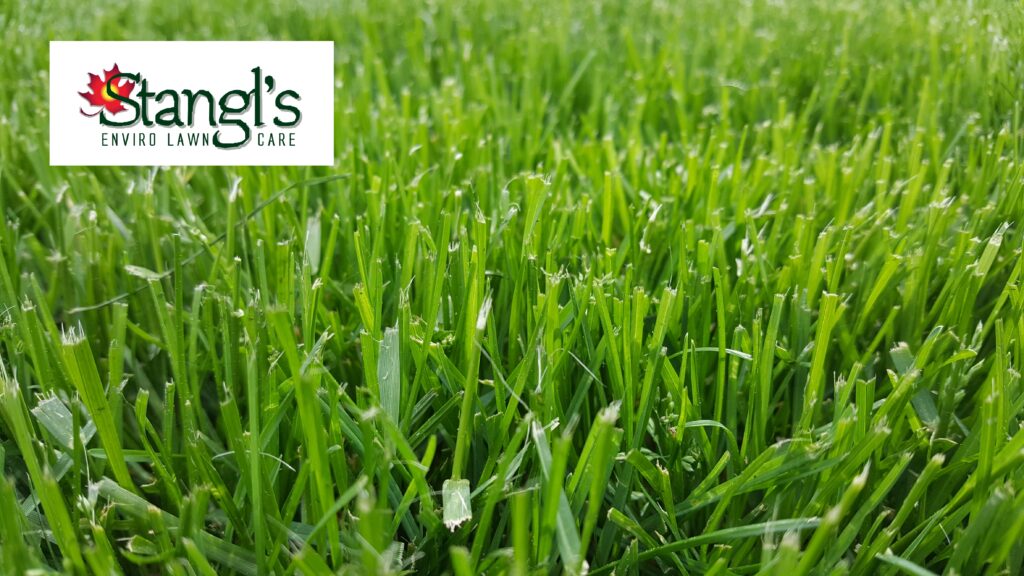Introduction: In recent years, there has been a growing movement towards sustainable and eco-friendly lawn care practices. However, despite these efforts, the use of fertilizers and pesticides continues to be widely accepted as a necessity for maintaining healthy lawns and gardens. This prevailing paradigm, however, is far from the truth. The truth is, these chemicals are not only harmful to the environment but also pose a significant risk to human health.
Body: Fertilizers and pesticides are widely used in lawn care to promote growth and kill pests. However, the reality is far from being as simple as it sounds. These chemicals have a profound impact on the soil, water, and air around us, leading to long-term damage to the environment. For example, fertilizers can disrupt the delicate balance of nutrients in the soil, leading to a decline in soil health and the loss of important microorganisms. This, in turn, affects the overall health of the plants growing in the soil, making them more susceptible to disease and pests.

In addition to their impact on the environment, these chemicals are also a significant threat to human health. Pesticides contain toxic chemicals that can cause serious health problems, including cancer, birth defects, and neurological damage. Moreover, the use of these chemicals has been linked to the decline in bee populations, which are crucial pollinators for many of the food crops we rely on.
Conclusion: It is time to challenge the current paradigm and question the widespread use of fertilizers and pesticides in lawn care. We need to move towards more sustainable and eco-friendly practices that not only protect the environment but also our health. Michael Stangl, a knowledgeable expert in this field, is available for consultation to help individuals and organizations make the transition towards a greener future. By rejecting the status quo, we can make a difference in protecting our health and the environment for generations to come.
